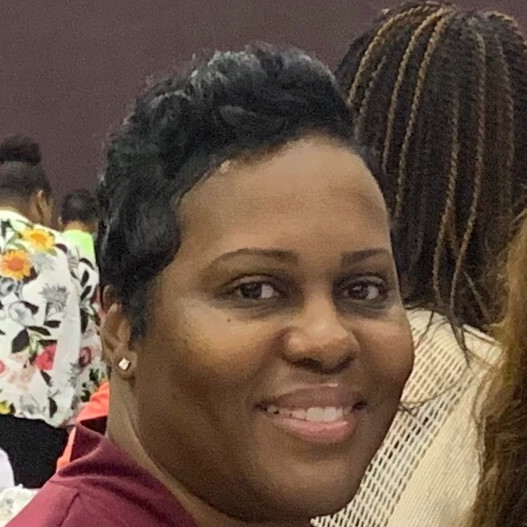CDI Week 2019 Q&A: Physician engagement

MSN, RN, CCDS
As part of the ninth annual Clinical Documentation Integrity Week, ACDIS conducted a series of interviews with CDI professionals on a variety of emerging industry topics. Alisia Lee, MSN, RN, CCDS, a CDI specialist at Singing River Health System in Pascagoula, Mississippi, and a member of the 2019 CDI Week Committee, answered these questions. Contact her at lee_alisia@yahoo.com.
Q: Can you describe the engagement and collaboration of the medical staff at your organization in CDI?
A: Our physicians deal with multiple distractions daily. Therefore, our CDI team is available to provide the tools and resources to support them and help them get to a point where they are creating adequate, clear, and precise documentation.
We collaborate within our medical staff (MDs, physician assistants, nurse practitioners, etc.) through face-to-face contact, secure chat messaging, compliant queries, and telephone contact. Our chief medical officer acts as our physician advisor to help facilitate denial appeals and follow up on adequate documentation concerns as needed.
Q: According to the 2019 CDI Week Industry Survey, only 12.71% of respondents said their medical staff is “highly engaged.” Why do you think so many CDI programs have such trouble engaging the medical staff?
A: CDI programs often have trouble due to lack of upper management support (clinical, financial, operational). When upper management leaders show their support for our activities and help hold the medical staff accountable, then improvement/engagement will follow. Physicians show greatest improvement when they see how reimbursement and quality data is tied to their documentation and realize that we’re here to help them in that regard.
Q: What has been your biggest challenge and most successful approach with gaining physician buy-in?
A: My biggest challenge was when I was a novice CDI specialist and didn’t have much knowledge or CDI experience at the beginning of my career. My biggest success was when I was approached by one of the medical staff to provide educational tools and resources to improve clinical documentation and quality outcomes on an ongoing basis.
Q: According to the Industry Survey, 63.37% of respondents currently have a physician advisor or champion, and 69.32% of those respondents said their physicians are either highly or mostly motivated and engaged. Does your department have a physician advisor or champion? If so, what has been the result of that relationship, and how much time do they devote to the CDI department?
A: We currently do not have an appointed physician advisor or champion. However, our chief medical officer acts as our go-to physician for the denial process and advice.
Q: Do you have uncooperative/unresponsive physicians, and how do you handle them?
A: Yes, we do. We report cases on as-needed basis to our CDI manager, who in turn reports situations to the medical staff director as warranted based on the situation.
Q: According to the Industry Survey, roughly half (51.03%) the respondents have a 91%–100% physician query response rate and 2.43% of respondents don’t track the rate at all. Do you track that rate? Why or why not? How have you gone about improving your query response rate? What do you recommend to those looking to improve their own response rate?
A: No, we do not track the query response rate at this time. The same is true when it comes to tracking our query agree rate. We have a new software in use that will help with the tracking system process for the future.
Q: Could you tell us about an experience you had winning over a physician to CDI?
A: I was approached by a physician about a query I had sent him about a highly targeted diagnosis by Medicare auditors. I was able to explain the reasoning behind the clinical validation query and the need to support this diagnosis. And I was able to win the physician’s support!
Q: How has the changing reimbursement and denials landscape affected the way you interact with physicians?
A: I try to provide resources and tools on what clinical validation means to support targeted diagnosis such as sepsis, encephalopathy, malnutrition, congestive heart failure, etc. My goal is to increase quality goals and outcomes through adequate and precise clinical documentation.
